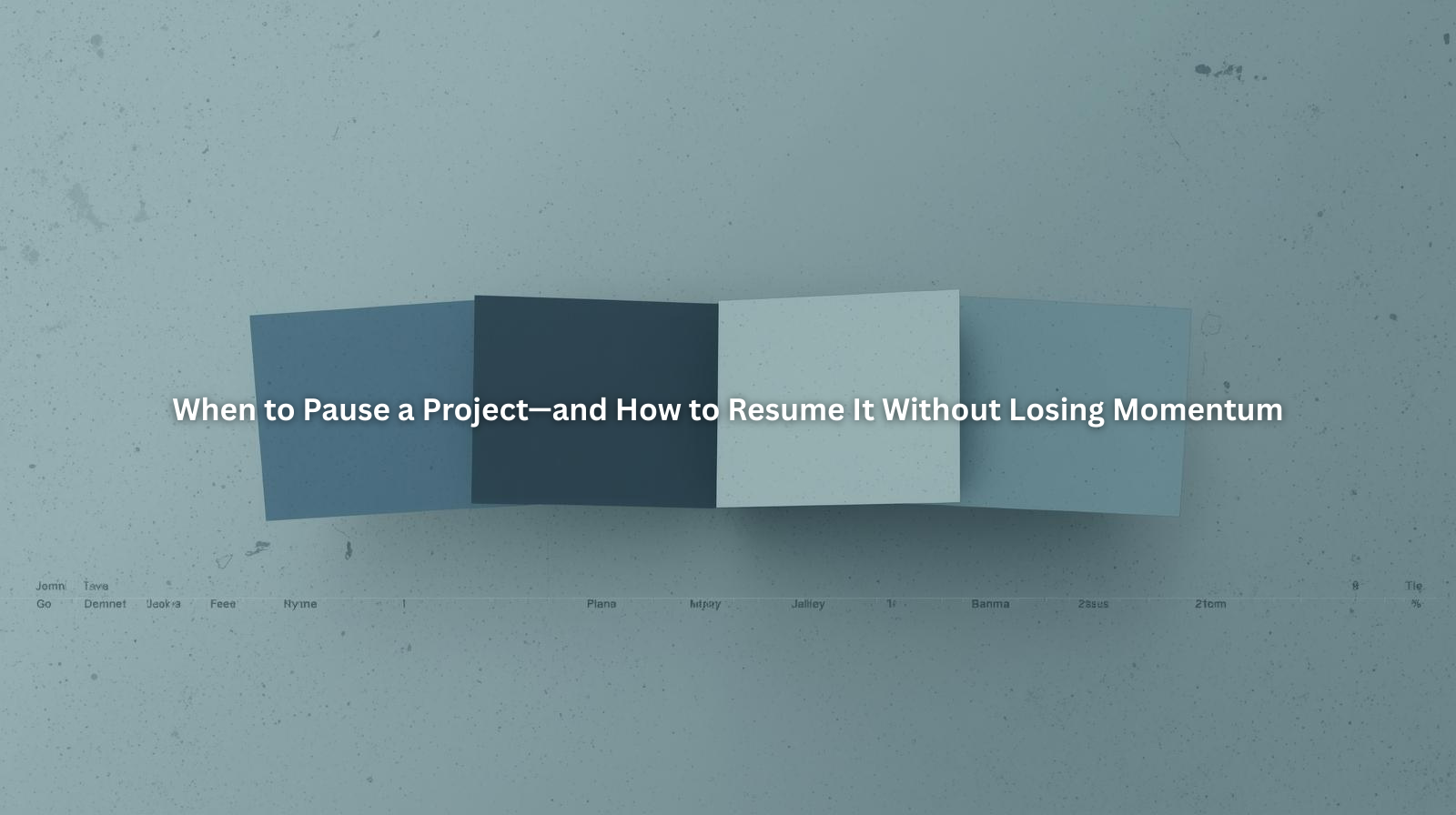Ensuring Successful Contract Renewals with Your Clients

Table of Contents
- The Importance of Contract Renewals
- Contract Renewal vs. Contract Extension
- When to Opt for Contract Renewal
- When to Choose Contract Extension
- Initiating the Contract Renewal Process
- Essential Components of the Contract Renewal Process
- Best Practices for Managing Contract Renewals
- Frequently Asked Questions (FAQ)
- What is the difference between a contract renewal and a contract extension?
- When should I start the contract renewal process?
- How can I ensure a smooth contract renewal process?
- What should be included in a contract renewal?
- How can I negotiate better terms during a contract renewal?
In the realm of service-oriented businesses, contracts serve as the foundation of client relationships. They not only delineate the scope of work but also protect the interests of both parties involved. However, contracts are typically time-bound, necessitating renewals or extensions to continue the professional engagement. Understanding the nuances of these processes is crucial for maintaining seamless operations and fostering long-term client partnerships.
The Importance of Contract Renewals
Contracts are indispensable tools that:
- Define Expectations: Clearly outline the responsibilities and deliverables of both parties, minimizing potential misunderstandings.
- Provide Legal Protection: Safeguard against potential disputes by establishing agreed-upon terms and conditions.
- Ensure Accountability: Hold both parties responsible for fulfilling their obligations, thereby promoting trust and reliability.
Upon the expiration of a contract, these protections lapse. To maintain a structured and legally protected relationship, it's imperative to renew contracts timely. This not only ensures continuity but also offers an opportunity to reassess and adjust terms to better align with evolving business needs.
Contract Renewal vs. Contract Extension
While often used interchangeably, contract renewals and extensions have distinct differences:
- Contract Renewal: Involves drafting a new contract upon the expiration of the current one. This approach allows for modifications in terms, pricing, and services to reflect any changes that have occurred during the previous contract period.
- Contract Extension: Simply prolongs the duration of the existing contract without altering its terms. This is suitable when both parties are satisfied with the current agreement and wish to continue under the same conditions.
When to Opt for Contract Renewal
Consider renewing a contract when:
- Service Modifications: The scope of services has evolved, necessitating updates to the agreement.
- Pricing Adjustments: Economic factors, such as inflation, require changes in pricing structures.
- Term Revisions: There's a need to amend terms to better suit current business objectives or compliance requirements.
When to Choose Contract Extension
An extension is preferable when:
- Unchanged Terms: Both parties are content with the existing terms and wish to continue the partnership without modifications.
- Short-Term Continuation: There's a need for a brief extension to accommodate specific project timelines or transitional phases.
Initiating the Contract Renewal Process
Proactivity is key in contract management. It's advisable to begin the renewal process well before the contract's expiration to allow ample time for negotiations and adjustments. Implementing a contract management system can aid in tracking contract timelines and sending timely reminders, ensuring no deadlines are overlooked.
Essential Components of the Contract Renewal Process
A structured approach to contract renewals enhances efficiency and clarity. The process should include:
- Review of Current Terms: Assess the existing contract to identify areas that may require updates or improvements.
- Performance Evaluation: Reflect on the performance of both parties to ensure mutual satisfaction and address any concerns.
- Negotiation of Terms: Engage in open discussions to modify terms as necessary, ensuring they align with current business goals.
- Documentation: Clearly outline the agreed-upon terms in the renewed contract to prevent future disputes.
- Approval and Execution: Obtain necessary approvals and signatures to formalize the renewed agreement.
Best Practices for Managing Contract Renewals
To streamline the contract renewal process:
- Maintain Open Communication: Regularly engage with clients to understand their evolving needs and expectations.
- Utilize Contract Management Tools: Leverage digital solutions to monitor contract statuses, set reminders, and store documents securely.
- Document Changes Meticulously: Keep detailed records of any amendments to ensure transparency and accountability.
- Plan Ahead: Initiate renewal discussions well in advance to accommodate thorough evaluations and negotiations.
Frequently Asked Questions (FAQ)
What is the difference between a contract renewal and a contract extension?
A contract renewal entails creating a new agreement upon the expiration of the current contract, allowing for modifications to terms and conditions. In contrast, a contract extension prolongs the duration of the existing contract without altering its terms.
When should I start the contract renewal process?
It's prudent to begin the renewal process several months before the contract's expiration. This timeframe allows for comprehensive reviews, negotiations, and approvals without the pressure of impending deadlines.
How can I ensure a smooth contract renewal process?
To facilitate seamless renewals:
- Implement a Contract Management System: Utilize tools that track contract timelines and send automated reminders.
- Engage in Continuous Communication: Maintain regular dialogues with clients to preemptively address any issues or changes in expectations.
- Prepare Thoroughly: Conduct detailed evaluations of the current contract and performance metrics to inform renewal discussions.
What should be included in a contract renewal?
A contract renewal should encompass:
- Updated Terms and Conditions: Reflect any agreed-upon changes in services, pricing, or responsibilities.
- Performance Metrics: Include benchmarks or KPIs to measure the success of the ongoing partnership.
- Duration of Agreement: Clearly state the new term length and any provisions for future renewals or terminations.
How can I negotiate better terms during a contract renewal?
Effective negotiation strategies include:
- Highlighting Value Delivered: Demonstrate the benefits and successes achieved under the current contract to justify favorable terms.
- Understanding Client Needs: Align proposed terms with the client's evolving objectives and challenges.
- Being Open to Compromise: Approach negotiations with flexibility to reach mutually beneficial agreements.
By comprehending the intricacies of contract renewals and implementing structured processes, businesses can foster enduring client relationships and ensure sustained operational success.


